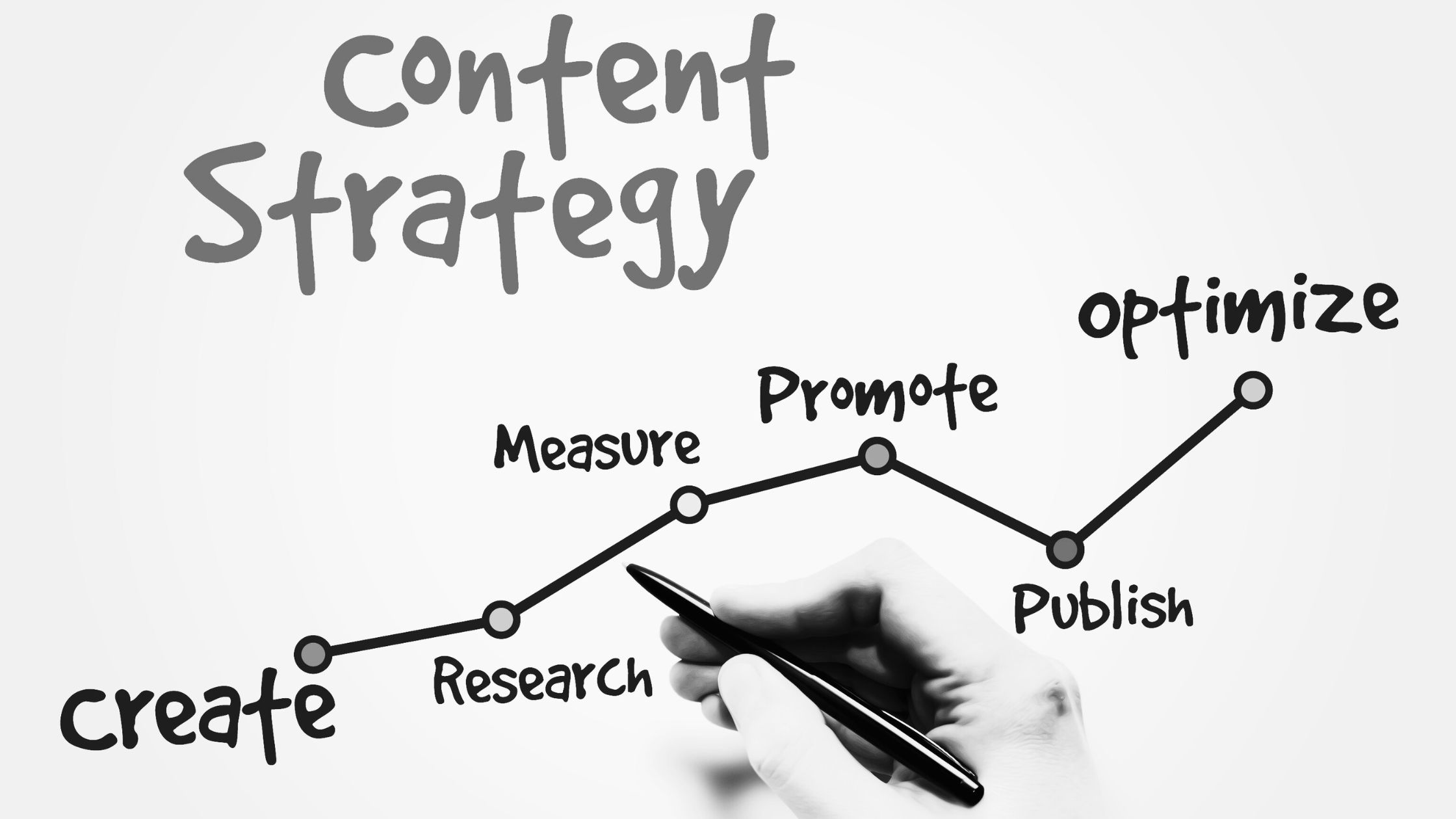Understanding SEO Content Strategy
In today's digital landscape, having a strong online presence is crucial for any business's success. One of the most effective ways to achieve this is through search engine optimization (SEO) content strategy. SEO content strategy involves creating and optimizing content to rank higher in search engine results pages (SERPs), driving organic traffic to your website. By understanding the fundamentals of SEO content strategy, you can unlock the potential to attract a larger audience, increase brand visibility, and ultimately drive more conversions.
The Power of SEO Content Strategy
SEO content strategy holds immense power in boosting your online visibility and driving targeted traffic to your website. By optimizing your content with relevant keywords and providing valuable information, you can position your website as an authority in your industry. When your content ranks higher in search engine results, it becomes more discoverable to potential customers, increasing brand exposure and credibility. Additionally, by targeting specific keywords, you can attract users actively searching for the products or services you offer, increasing the likelihood of conversion.
Why SEO Content Strategy is Important for Your Business
Implementing an effective SEO content strategy is essential for the long-term success of your business. Today, more than ever, consumers turn to search engines to find information, solutions, and products. Without a strong SEO presence, your business may go unnoticed, losing potential customers to your competitors. By investing time and effort into creating quality content that is optimized for search engines, you can ensure that your business remains visible and competitive in the online marketplace. SEO content strategy allows you to connect with your target audience, build brand authority, and drive organic traffic that has a higher chance of converting into loyal customers.
How to Create an Effective SEO Content Strategy
Creating an effective SEO content strategy requires careful planning and execution. Here are some essential steps to help you get started:
Conducting Keyword Research for SEO Content Strategy
The first step in creating an effective SEO content strategy is conducting thorough keyword research. Keywords are the foundation of SEO, as they are the words and phrases that users type into search engines when looking for information. By identifying the right keywords, you can optimize your content to match user intent and increase your chances of ranking higher in search results. Utilize keyword research tools to identify relevant keywords with high search volume and low competition. Be sure to consider long-tail keywords, which are more specific and have a higher chance of attracting targeted traffic.
On-Page Optimization Techniques for SEO Content
Once you have identified your target keywords, it's time to optimize your content for on-page SEO. On-page optimization involves optimizing various web page elements to make them more search engine friendly. This includes optimizing your titles, meta descriptions, headings, URLs, and content itself. Ensure you include your target keywords naturally throughout your content, without overstuffing them. Focus on creating high-quality, engaging content that adds value to your readers while strategically incorporating relevant keywords.
Off-Page Optimization Strategies for SEO Content
Off-page optimization is equally important in your SEO content strategy. Off-page optimization refers to actions taken outside of your website to improve its visibility and authority. This includes building high-quality backlinks from reputable websites, engaging in social media marketing, and participating in online communities relevant to your industry. By building a strong online presence through off-page optimization, you can improve your website's credibility and increase organic traffic.
Creating Engaging and Informative SEO Content
Creating engaging and informative SEO content is the key to capturing the attention of your target audience and keeping them coming back for more. Start by understanding the needs and interests of your target audience. Research their pain points, questions, and desires. Use this information to create content that addresses these needs and provides valuable solutions. Ensure your content is well-structured, easy to read, and visually appealing. Incorporate relevant images, videos, and infographics to enhance the user experience. Remember to write for your audience and optimize for search engines, striking the right balance between readability and SEO optimization.
Measuring the Success of Your SEO Content Strategy
To determine the effectiveness of your SEO content strategy, it's essential to measure key performance indicators (KPIs). Some common KPIs to track include organic traffic, keyword rankings, conversion rates, bounce rates, and time on page. Utilize web analytics tools such as Google Analytics to gather data and analyze the performance of your content. By regularly monitoring these metrics, you can identify areas of improvement and make data-driven decisions to optimize your SEO content strategy.
Common Mistakes to Avoid in SEO Content Strategy
While implementing an SEO content strategy, it's important to avoid common pitfalls that can hinder your success. Some mistakes to avoid include keyword stuffing, using irrelevant or low-quality content, neglecting on-page and off-page optimization, and not keeping up with algorithm updates. Additionally, failing to understand your target audience and their search intent can result in ineffective content creation. By staying updated with industry best practices and avoiding these mistakes, you can enhance the effectiveness of your SEO content strategy.
Tools and Resources for Improving Your SEO Content Strategy
Several tools and resources can help you improve your SEO content strategy. Keyword research tools like Google Keyword Planner, SEMrush, and Moz Keyword Explorer can assist in identifying relevant keywords with high search volume. Content management systems like WordPress offer plugins and tools for on-page optimization, making it easier to optimize your content. Additionally, web analytics tools like Google Analytics and Google Search Console provide valuable insights into the performance of your SEO content. Stay updated with industry blogs, forums, and online communities to learn from experts and stay ahead of the latest trends.

No Comments.